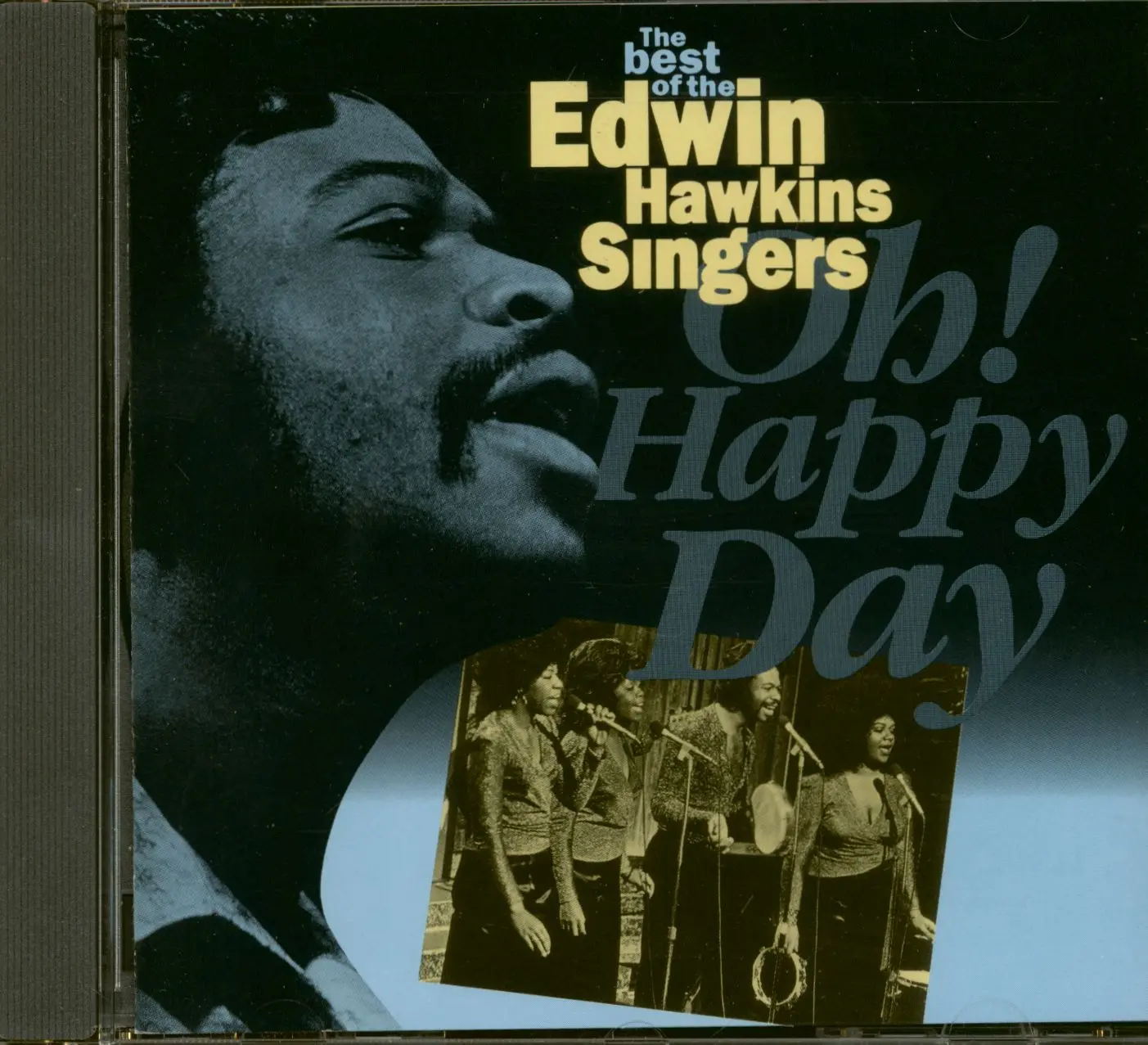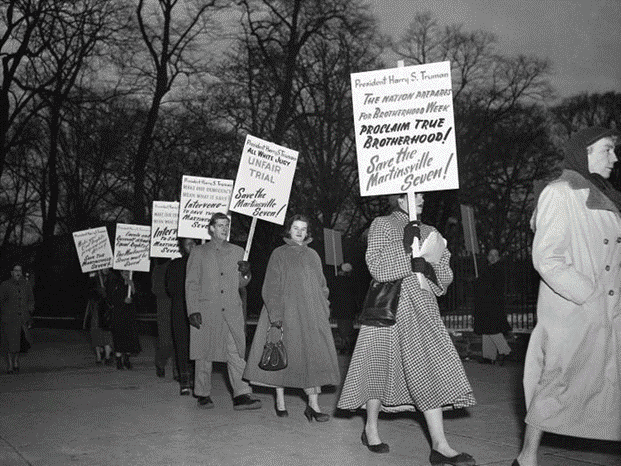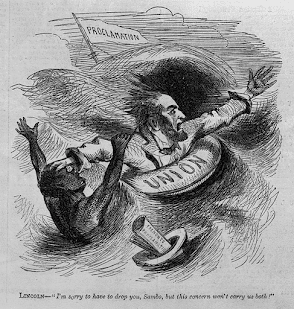
When our elders worked the fields as enslaved peoples, how could they sing “Oh Happy Days.” One of my mom’s favorite sayings was, “You can take my money, you can take my house, you can even take my life. But one thing you can’t take is my Joy.” It took me years to understand what my mom was saying until I came across the biblical phrase, “The joy of the Lord is my Strength.” So, If you take my Joy, you take my Strength. Now I also understand how our ancestors, dealing with the trauma of slavery, could laugh and sing “Oh Happy Days.” They were not particularly happy, but they retained their Joy. And what is this thing called Joy -I would offer that Joy is hope and faith in the unseen future. It is the confidence that, though all hell is breaking out in the now, the future will be more than compensating. What did our elders see -they saw you and me walking in this now. They saw us as doctors, lawyers, dentists, and overcomers. They saw us owning houses, dr...



